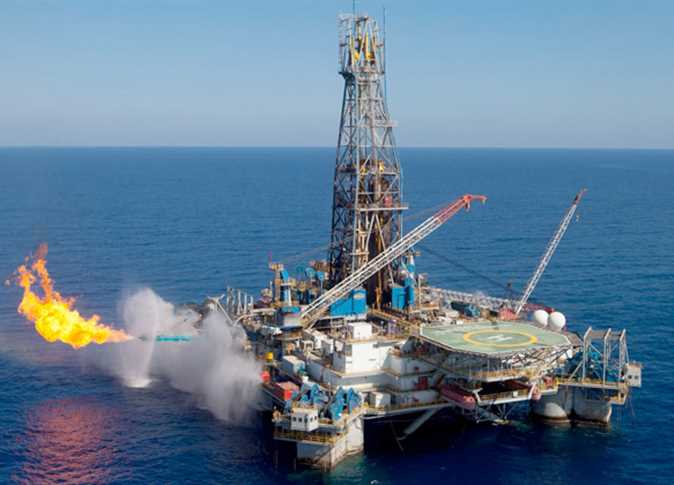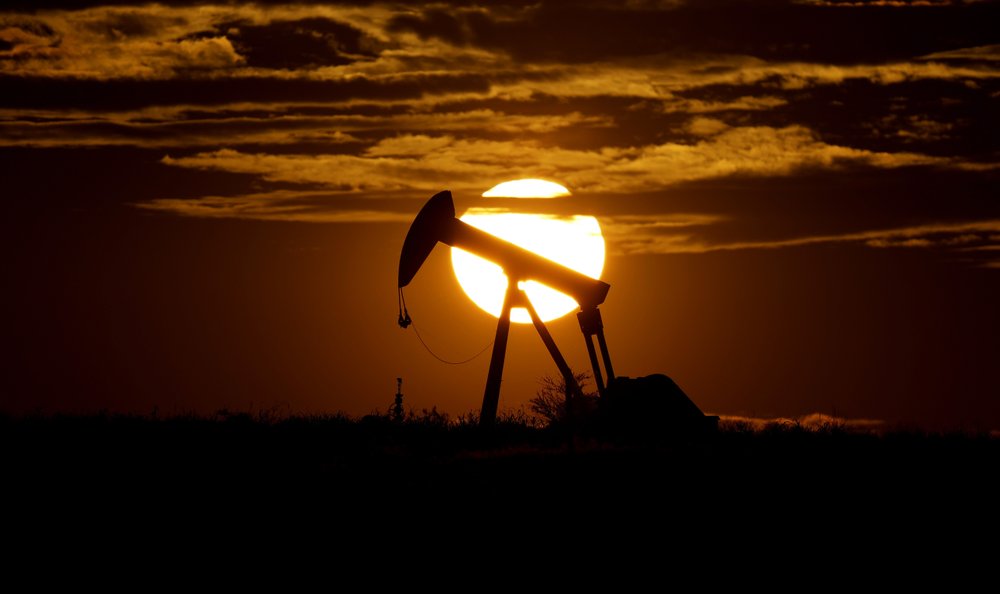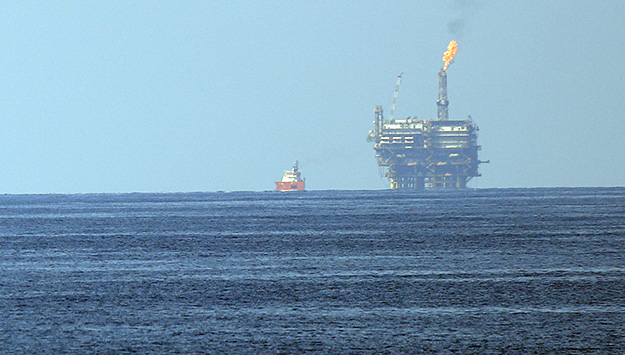
Braving all the political risks of the region, Italy's Eni aims to pull together its east Mediterranean gas empire headed by a giant Egypt find, into a major hub to supply Europe.
State-controlled Eni, the biggest foreign oil and gas major in Africa, wants to use its deep ties with Egypt and Libya to help create the export hub for liquefied natural gas.
It expects Libyan gas to flow into a hub when conflict abates, hopes to attract other producers seeking an export outlet from Israel and accelerate plans to send Cypriot gas owned by other companies into the facility, likely to be located in Egypt.
The project would help diversify gas supply to Europe, now dependent on Russia for about a third of its needs, but faces long odds given the region's mix of political disputes, conflict zones and state involvement in energy policy.
Its scope of tying together a multi-national gas supply network may be unprecedented. Pipelines would need to be built linking the various gas deposits scattered across the region to an LNG plant.
"The area (Egypt) could restart exporting LNG and, as it's very close to Italy and Spain where LNG import terminals are idle or underused, it's very likely it will come in there," Eni CEO Claudio Descalzi told Italy's parliament last week.
Descalzi, who has already flown to see heads of state in Egypt and Cyprus where the idea of a gas export hub was discussed, told senators the hub could be established to bring together the resources of Egypt, Cyprus, Israel and at some later point Libya.
"There's massive potential here for Europe and room for Italy to increase its clout in the area. It's clear there are huge amounts of gas, including off Libya," a person familiar with the matter said.
EGYPTIAN LNG
Fuel shortages have forced Egypt to idle its two liquefied natural gas (LNG) export plants, which chill gas into liquid form for transport on ships.
Pooling the region's rich energy resources could spur investment in previously stranded gas fields in Israel and Cyprus, while resuscitating once-bustling LNG export plants like BG's Idku as well as Eni's dormant Damietta in Egypt.
In Cyprus, Eni itself has not yet discovered any gas deposits but is focused on doing so, the company said last week.
Still, the firm's bumper gas find in Egyptian waters this month, the biggest ever in the Mediterranean, may help unlock aspects of the problem by providing large new supplies to feed the gas export hub.
While gas from the newfound Zohr field, holding 30 trillion cubic feet of reserves, will mainly feed domestic Egyptian demand only, a deeper reservoir below it could be a candidate for gas exports.
"Egypt had a plan to double its LNG export capacity and if the hub grows it could do it," Descalzi told Italy's parliament.
The CEO said Eni has made big gas discoveries in Libya that have lain dormant for years because they were unable to develop them as conflict raged, seeing Egypt as one export outlet.
Zohr is also close to Cyprus' offshore block 11 which is licensed to French major Total and the reservoir may extend across the maritime border, creating opportunities for explorers on the Cypriot side.
Israel and Cyprus already have plans to export gas to Egypt but progress has been slowed by regulatory interference and dragging negotiations.
Pulling off the hub project will not be easy given the region's tangle of political disputes.
Turkey opposes any export of Cypriot gas reserves until a long-standing dispute over territory is cleared up and a mechanism for sharing gas profits between the Turkish and Cypriot sides of the island are put in place.
Turkey also sees itself as the region's energy hub, as new pipelines feeding Caspian gas to Europe run across its territory, and may balk at potentially losing ground to Egypt.
Developing Israel's giant gas finds has proven treacherous following policy reversals holding up investment and most recent regulatory disputes have put development on ice. (Additional reporting by Giancarlo Navach, editing by William Hardy)




